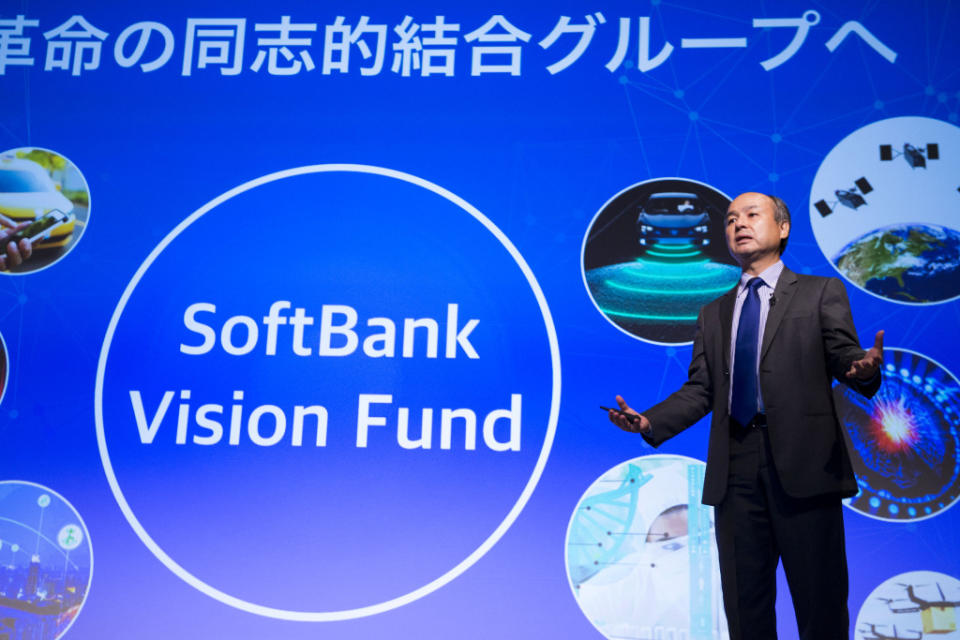How Softbank’s Vision Fund Really Does Spread the Dollars Around
This article first appeared in Data Sheet, Fortune's daily newsletter on the top tech news. Sign up here.
"It's not about taking a bunch of dollar bills and spreading them around." So said SoftBank's Deep Nishar over the weekend in conversation with Dan Primack of Axios at a Harvard University event.
I love these moments of perverse clarity, where an executive confronts the topic everyone in the industry is talking about, validates the assertion by denying it, and then offers vague evidence to the contrary. Nishar, a former product executive at and LinkedIn, is an investor now, one of several high-profile people SoftBank's Masayoshi Son has deployed across the globe to spread around dollars--and seemingly every other currency imaginable.
Nobody doubts Son's brilliance. An early investor in and Alibaba , Son is trying to replicate that success with the $93-billion SoftBank VisionFund and other SoftBank investment vehicles. The problem is that the Vision Fund is a strange beast. It is so massive--its investors range from a Saudi sovereign wealth fund to --that small stakes are impossible and large stakes will be tough to grow. The Vision Fund's impact is so huge that the VC industry is spending much of its time figuring out what Son is up to.
The list of SoftBank's recent investments is long: WeWork, FlipKart, Fanatics are just a few on the receiving end of billion-dollar investments. Slack collected $250 million most recently.
Son also is placing bets on multiple horses, investing, for example, in Didi as well as, reportedly, Uber. (Nishar again: SoftBank's approach is not "to bet on every odd number on the roulette table.") Several press outlets suggested Son was seeding the ride-hailing market because competition is good for all. My take: An investor with stakes in multiple players will urge each to quit subsidizing rides and raise prices.
See original article on Fortune.com
More from Fortune.com


